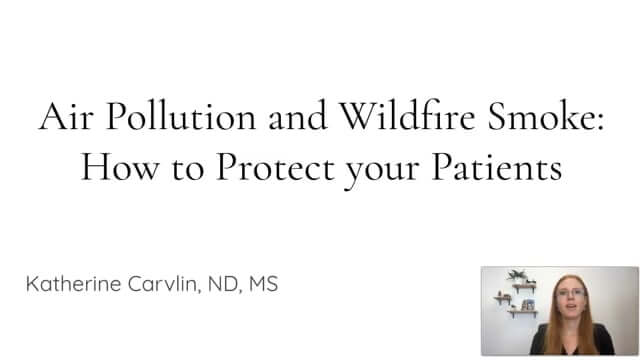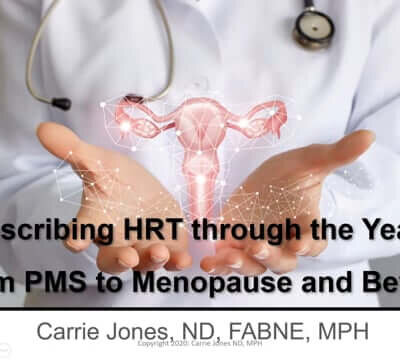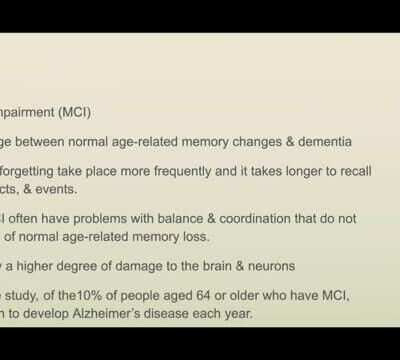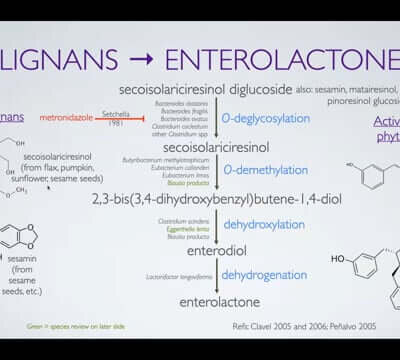Description
Cost: Non-members: $65 | Member: $35 | Student: $15
The World Health Organization estimates that air pollution contributes to the premature death of over 7 million people each year. Air pollution is a critical risk factor for noncommunicable diseases (NCDs), causing an estimated one-quarter (24%) of all adult deaths from heart disease, 25% from stroke, 43% from chronic obstructive pulmonary disease and 29% from lung cancer.
Air quality is worsening overall due to climate change. Ground level ozone and particulates in the air are increasing. Wildfires are happening more frequently and affecting more and more of the population. We know these fires increase acute AND chronic respiratory and cardiovascular illness.
This presentation will review the most common toxicants that pollute our air, their associated health effects and exposure sources, and solutions to improve indoor air quality. There will also be an emphasis on wildfire smoke and ways to properly protect yourself during smoke events.
Practicing naturopathic primary care at the Institute of Complementary Medicine in Seattle, Washington, Dr. Carvlin specializes in helping patients get to the root cause of environmentally acquired illnesses, such as mold illness, metal toxicity, multiple chemical sensitivity, autoimmune disease, infertility, and complex digestive issues.
Dr. Carvlin holds a bachelor’s degree in Psychology, a master’s degree in Holistic Nutrition, and a doctorate degree in Naturopathic Medicine. She completed a postdoctoral residency at Bastyr University, where she now teaches aspiring ND students how the environment impacts health. Dr. Carvlin has attended numerous conferences on Environmental Medicine and has completed a 1-year post-graduate certification program in Environmental Medicine through EMEI.
Dr. Carvlin serves as the Executive Director and is now the President-Elect of the National Association of Environmental Medicine (NAEM). She works alongside Environmental Medicine leaders to educate clinicians and increase public awareness of environmental health issues.
**This presentation is worth 1 Category 1 CE credit, including 0.15 Pharmacology credits for Washington NDs.**
Originally presented October 16, 2022, at WANP's CONNECT 2022 conference.




